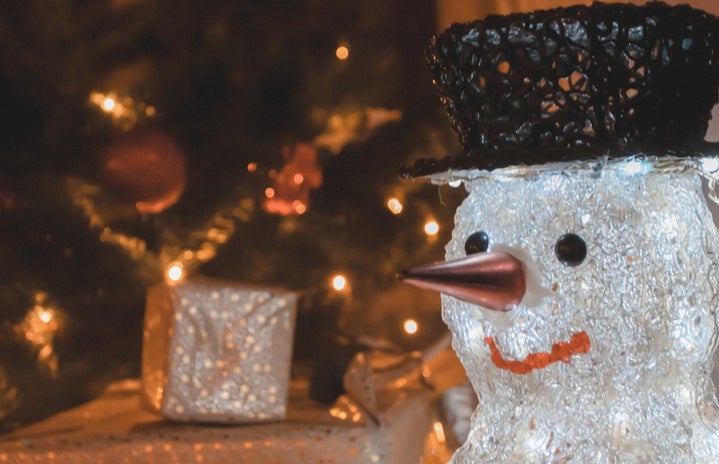About a year ago, my friend sent me a meme captioned: “rediscovering my childlike wonder about the world is going to be huge this summer.” While it made me laugh, it also made me reflect on how differently I interpreted the world during my childhood compared to the present. Most, if not all, of us had an intense curiosity about the world that faded as we got older. I started to wonder why I lost this feeling.
I remember spending my early childhood in awe of the natural world around me. I was always playing outside, reading books about plants and animals, and making my mom perform science experiments with me. When reflecting on this, I realized that although I have always performed well academically, as I got older the immense pressure to maintain this performance reduced my passion for learning itself. In my case, this was especially due to the challenges of learning asynchronously for over a year due to COVID-19. I was frustrated at having to perform strongly while constantly being worried about my family’s safety, and receiving little academic support. I felt burned out and found myself wanting to change the way I approached learning new things.
Since realizing this, I’ve made it a goal to recognize and pursue the topics that make me excited. I started meeting my professors after class to talk more in depth about lecture concepts, and I started asking unrelated questions out of curiosity rather than focusing only on tested material. I was surprised to find that I felt more fulfilled personally and built much stronger relationships with professors, mentors, and peers as we shared an excitement for learning.
Even more importantly, I’ve been finding opportunities to learn outside of an academic setting. Using my childhood passions as a blueprint of sorts has helped me find the activities that give me the most meaning. I’ve started spending more time outdoors (going on hikes has practically become a personality trait), and taking the time to appreciate my natural surroundings has improved my emotional health as well. I’ve also started going to museums, listening to new music, exploring new genres of books, and staying more updated on news I find important or interesting. Most of the changes I’ve made are small, but they’ve made me feel so much more connected to the world and feel like small adventures on their own.
I can now confidently say that I love learning as much as I did when I was younger. I love hearing about new topics and perspectives, and have been able to find excitement in things I never would have guessed I’d enjoy. In conversations, I find it easier to take a listening role and find myself excited to focus on the other person’s thoughts and experiences. Embracing the curiosity that I can find in everyday life has helped me become a more optimistic person while making meaningful connections with others.
We’re all familiar with the feeling of being chronically stressed and frustrated with the world. If you’re there right now, take this as a sign to embrace your inner child and invite that sense of wonder back into your life! Recognizing the general topics you used to love and finding ways to pursue them as an adult can give you so much more to be excited about in routine life. While this, of course, isn’t a magical fix to most personal and external challenges, it’s a great way to practice day-to-day mindfulness and focus on the little things that bring you joy.
This tweet summarizes it best: “so much of ‘finding yourself’ in adulthood is simply getting back to who you were and what you loved as a child.” The expanse of free time without the pressure to constantly be productive or choose the “right” values allows kids to discover what truly brings them happiness— regardless of whether other people see it as something important. Returning to these joys means challenging the idea that happiness is something you need to lose as you mature. I think it’s exactly the opposite; maturity entails knowing how to appreciate the world around you and foster positivity in yourself. The gratitude and wonder to be found in life’s small moments are, ultimately, what bring us closer to one another and make life as a whole meaningful.




